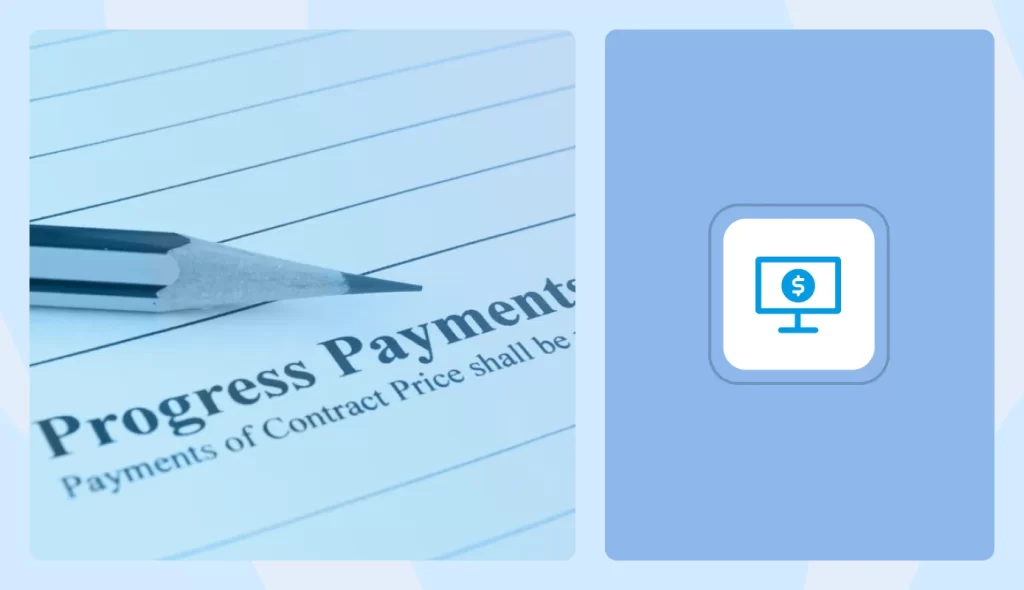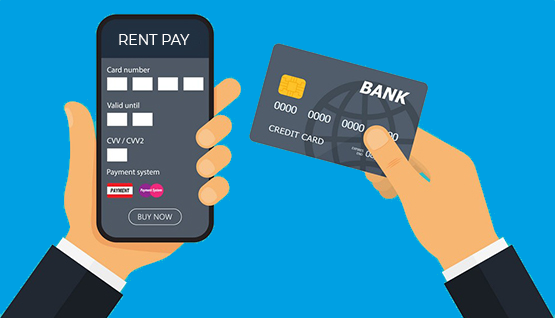In today’s fast-paced financial landscape, every decision you make has an impact on your long-term stability and growth. Whether you’re paying off a credit card, managing your rent, or budgeting your monthly expenses, each transaction is a step in a larger financial journey. What may seem like a routine payment today can, in reality, play a vital role in shaping your financial future.
For renters and young professionals, especially those building credit for the first time, this concept couldn’t be more relevant. Each payment—when made consistently and responsibly—builds a pattern of trust, accountability, and momentum. The key is recognizing how to make each payment work in your favor.
Progress Is Built on Consistency
At the core of financial progress is consistency. Just as physical health improves through regular exercise and good habits, financial health thrives on steady, disciplined action. One of the most impactful areas to apply this principle is in your payment behavior.
Rent, often the largest recurring expense for many, is a prime example. While most people view rent simply as a necessity, it’s also an opportunity. When rent payments are made on time and reported to credit bureaus, they can contribute directly to improving your credit score. Over time, these timely payments can increase your creditworthiness, making it easier to qualify for loans, secure better interest rates, and expand your financial options.
The difference lies in the mindset: viewing each payment not as a burden, but as a building block toward long-term goals.
Turning Routine Payments into Credit-Building Opportunities
One of the greatest evolutions in modern personal finance is the ability to leverage everyday payments—like rent—to actively build your credit. Traditionally, credit scores were built through credit cards, loans, and mortgages. But this left many renters, especially those without credit cards or loans, with thin credit files.
Today, innovative platforms allow renters to report rent payments to major credit bureaus. This means every rent payment you make can potentially improve your payment history—one of the most influential factors in your credit score.
By automating and reporting these transactions, you create a record of financial reliability. This doesn’t just help you qualify for future credit; it also provides a clearer picture of your financial behavior for landlords, lenders, and even employers in some industries.
Empowerment Through Financial Awareness
Progress isn’t just about making payments—it’s also about understanding their impact. Many renters don’t track their credit score until they need a loan or apply for a new rental. At that point, any negative surprises can delay plans and create stress.
By tracking your credit score regularly and reviewing your financial data, you become more informed and proactive. You’ll notice how on-time payments, credit utilization, and responsible account management contribute to your score over time. This awareness empowers you to make smarter choices, set realistic goals, and stay motivated on your financial journey.
When you can see the connection between everyday actions and long-term progress, even small decisions start to feel significant.
Building Financial Habits That Last
Financial progress is not about overnight success—it’s about building sustainable habits. The power of automation plays a huge role here. Automating rent payments, credit card payments, or savings deposits ensures you stay on track without having to think about it every time.
Automated systems reduce the risk of missed payments, which can hurt your credit score, and help you maintain momentum. Over time, these habits lead to a more stable financial foundation.
What’s more, platforms that integrate rent payments, credit tracking, and financial education in one place make it easier to stay organized. You’re not just paying bills—you’re actively managing your financial life.
Progress Is Personal—But Universal
Everyone’s financial journey is unique. For one person, progress might mean getting out of debt. For another, it might mean saving for a down payment, qualifying for a credit card, or simply gaining confidence in managing money.
What’s universal, however, is that every responsible financial step matters. Whether you’re paying rent, making a minimum credit card payment, or setting aside money for an emergency fund, it all adds up. It’s the collective power of small actions that leads to big results.
By reframing how we think about routine payments, we can unlock new motivation. These payments are not just obligations; they’re progress markers—proof that you’re moving forward.
Final Thoughts
In a world where financial stress can feel overwhelming, it’s important to find power in the things you can control. Making payments on time, tracking your credit score, and engaging with tools that promote financial literacy are all proactive steps. They may seem small in the moment, but over time, they lay the foundation for financial strength, flexibility, and peace of mind.
Remember, every payment you make isn’t just money out the door—it’s a statement. A step. A signal that you are investing in your future.
So keep going. Because every payment is a step toward progress—and progress, no matter how small, is always worth pursuing.






